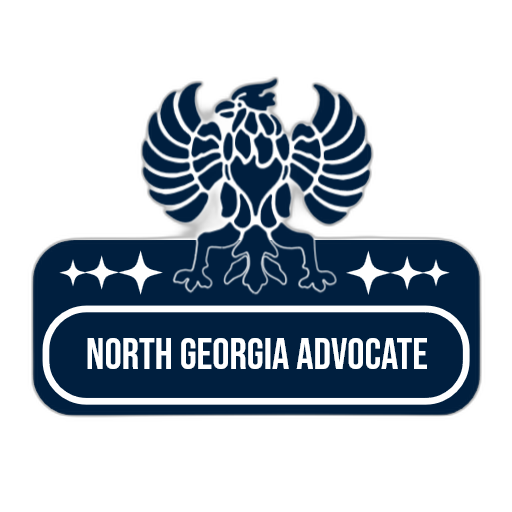
Government Transparency Will Only Happen if Citizens are Engaged
One of our members ran some ideas about local government thru an AI program and it was pretty interesting what it came back with. This AI program was pretty thorough and put some food for thought out there.
It doesn’t matter if it is the Commission/Council, School Board, Assessors Office, Sheriff’s Office, or any other government agency. It is a must that the stakeholders (taxpayers) are involved and hold local officials accountable.
It sounds like you’re describing a very common experience. It’s incredibly easy to get caught up in the demands of daily life – work, family, and all the other responsibilities that pile up. The idea of trusting elected officials to handle the complex issues of government while you focus on your personal life is a tempting and, for many, a necessary approach.
Here are a few thoughts and reflections on your statement:
Understanding the Feeling:
- Common Ground: You’re definitely not alone in feeling this way. Many people find it challenging to stay fully engaged with civic duties alongside the pressures of modern life.
- The Allure of Trust: It’s natural to want to believe that the people you voted for are representing your best interests and will make sound decisions. Letting go of that daily oversight can feel like a relief.
- The “Delegation” Trap: The concept of democracy relies on citizen participation, but it’s easy to slip into a passive role where we feel we’ve delegated our power completely.
Consequences of Limited Engagement:
- Decreased Accountability: When citizens aren’t actively engaged, elected officials may become less responsive to the needs of the populace.
- Potential for Misalignment: Your elected officials might not always prioritize the issues that are most important to you if they don’t hear your voice.
- Erosion of Democracy: A healthy democracy requires informed and active citizens to ensure that power is used responsibly and that diverse perspectives are considered.
What This Means Going Forward:
- It’s Never Too Late: The good news is that it’s never too late to re-engage. You have the power to choose your level of involvement.
- Start Small: You don’t need to become a full-time activist overnight. Even small actions can make a difference, like staying informed about local issues, contacting your representatives, or having conversations with your community.
- Find Your Niche: Focus on the issues that are most important to you. This can make civic engagement feel less overwhelming and more personally meaningful.
- Reflect on Your Values: Consider what kind of society you want to live in, and how you can contribute to creating that society.
- Encourage Others: Talk to your friends and family about the importance of civic engagement and how they can get involved.
In Conclusion:
Acknowledging that you relinquished some oversight responsibilities is a valuable first step. It shows self-awareness and a desire to be a more active participant in the democratic process. The key now is to decide what level of engagement feels right for you and to take steps to become more involved in a way that aligns with your values and interests.
What are some of the things you were hoping your elected officials would be doing? What are some areas you might want to focus on now that you are realizing you relinquished some of your oversight? Perhaps exploring those things can help you find a path forward.
What type of things do you all want to happen with local government and your ideas on being engaged in the matter? Let us know in the forums and we will chat about it. We will talk all things government and figure out ways to hold our elected officials accountable.



0 Comments